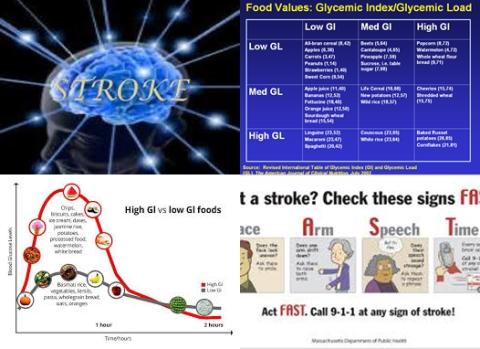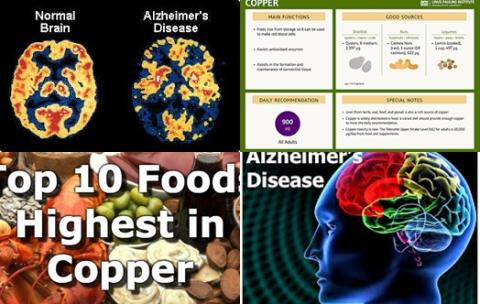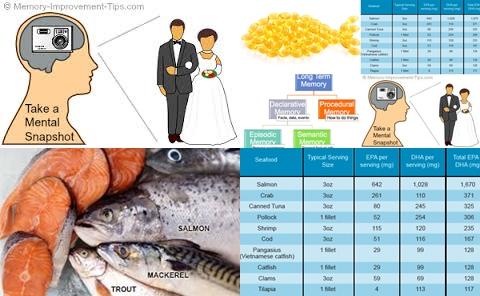Vitamin B1 deficiency increases systolic heart failure risk
Objectives:
Approximately 5.7 million Americans carry the diagnosis of systolic heart failure (HF), a major health care burden. Heart failure is a known manifestation of thiamine deficiency (TD). Therefore, this review article has been conducted.
Is thiamine deficiency (vitamin B1 deficiency) a risk factor of systolic heart failure?
Study design:
This review article included 9 studies (observational studies and RCTs).
Results and conclusions:
The investigators found systolic heart failure patients had a higher risk of 153% of getting a thiamine deficiency [odds ratio = 2.53, 95% CI = 1.65-3.87].
The investigators found diuretic use, changes in dietary habits and altered thiamine absorption and metabolism were identified as possible mechanisms of thiamine deficiency in heart failure patients.
The investigators found small observational studies and randomized control trials suggested that thiamine supplementation in heart failure population could improve ejection fraction and reduce symptoms.
The investigators concluded thiamine deficiency is more prevalent in heart failure population, and its supplementation may be beneficial. The therapeutic role of thiamine in heart failure warrants further study.
Original title:
Determining the Role of Thiamine Deficiency in Systolic Heart Failure: A Meta-Analysis and Systematic Review by Jain A, Mehta R, […], Winchester DE.
Link:
https://www.ncbi.nlm.nih.gov/pubmed/26497757
Additional information of El Mondo:
Find more information/studies on cardiovascular disease and vitamin B1 (thiamine) right here.


